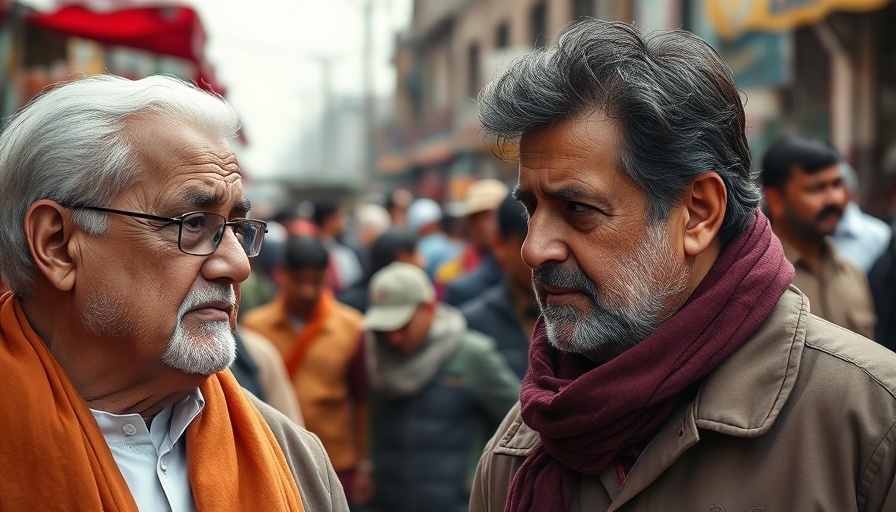
The Significance of the Netanyahu-Trump Summit
On April 5, 2025, Israeli Prime Minister Benjamin Netanyahu and former U.S. President Donald Trump met to discuss crucial strategic issues impacting both nations and the broader Middle Eastern landscape. Their meeting highlighted three primary concerns: the removal of tariffs, countering the Turkish threat along Israel's northern boundary, and addressing Iran's advancements toward nuclear capabilities.
Understanding Tariffs and Their Impact
In discussions surrounding tariffs, both leaders aim to enhance economic collaboration. Removing tariffs can facilitate trade and strengthen ties between the U.S. and Israel, potentially benefiting various sectors, including technology and agriculture. This approach echoes Trump’s earlier policies, which prioritized reducing trade barriers and fostering mutual economic growth. For Christians engaged in humanitarian and mission-focused endeavors, an economically stable Israel can lead to more robust partnerships and initiatives that align with their values.
Addressing Regional Threats: Turkey and Iran
The Turkish influence in the region has become increasingly concerning for Israeli security. Both Netanyahu and Trump expressed the necessity of protecting Israel from emerging threats posed by Turkey's strategic maneuvers. Furthermore, Iran’s ongoing nuclear development remains a significant topic. As they progress toward nuclear capabilities, the implications for regional peace and stability are profound, raising alarms within international communities. Understanding these threats is vital for mission-minded individuals who advocate for a peaceful resolution and humanitarian support in the region.
The Role of Christian Advocacy
Globally aware Christians, especially those involved in interfaith dialogue, can play a significant role in fostering understanding amid these political tensions. By advocating for peaceful resolutions and standing against Christian persecution in areas affected by geopolitical strife, they can become proactive participants in supporting vulnerable populations. Engaging in dialogue and understanding the complexities of these meetings can empower the persecuted church and promote social justice.
Future Predictions: Navigating a Complex Landscape
As Netanyahu and Trump navigate these discussions, various possible outcomes hinge on their decisions. Should tariffs be reduced, it may bolster Israel's economy and create a ripple effect in the region. Addressing the Turkish threat effectively, coupled with a strong stance against Iran, could pave the way for enhanced security not just for Israel, but for Christian communities thriving under its protection.
Ultimately, the discussions that take place during such high-profile meetings have far-reaching implications, shaping policies and responses that affect millions. Christians, particularly those with a mission to support and uplift their global brethren, must stay informed and involved, advocating for peace, justice, and support where it is most needed.
To stay engaged and support the ongoing efforts in the region, consider exploring opportunities for advocacy and collaboration in humanitarian initiatives. Your involvement can help shape a brighter future for Christian communities in the Middle East.
 Add Row
Add Row  Add
Add 








Write A Comment